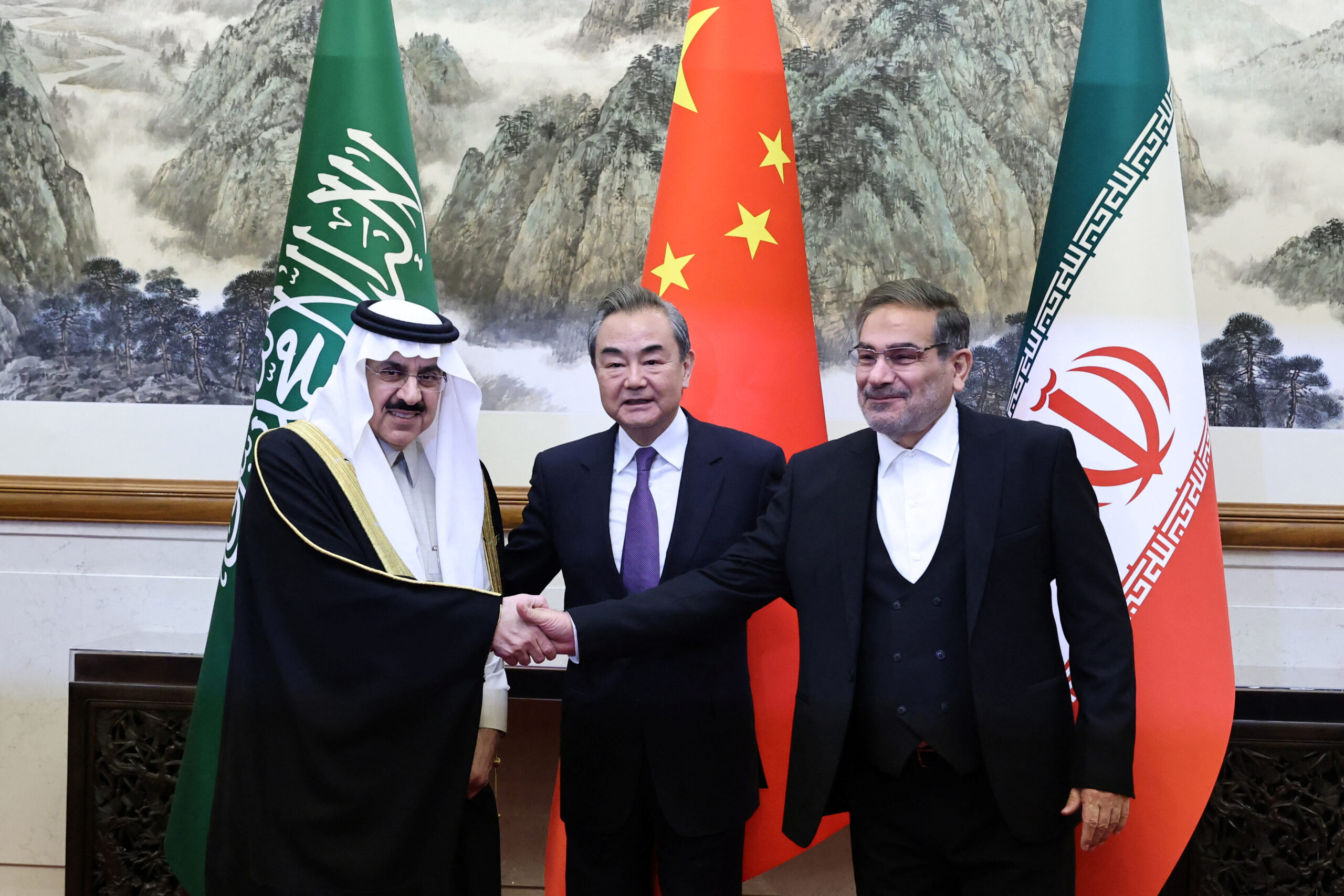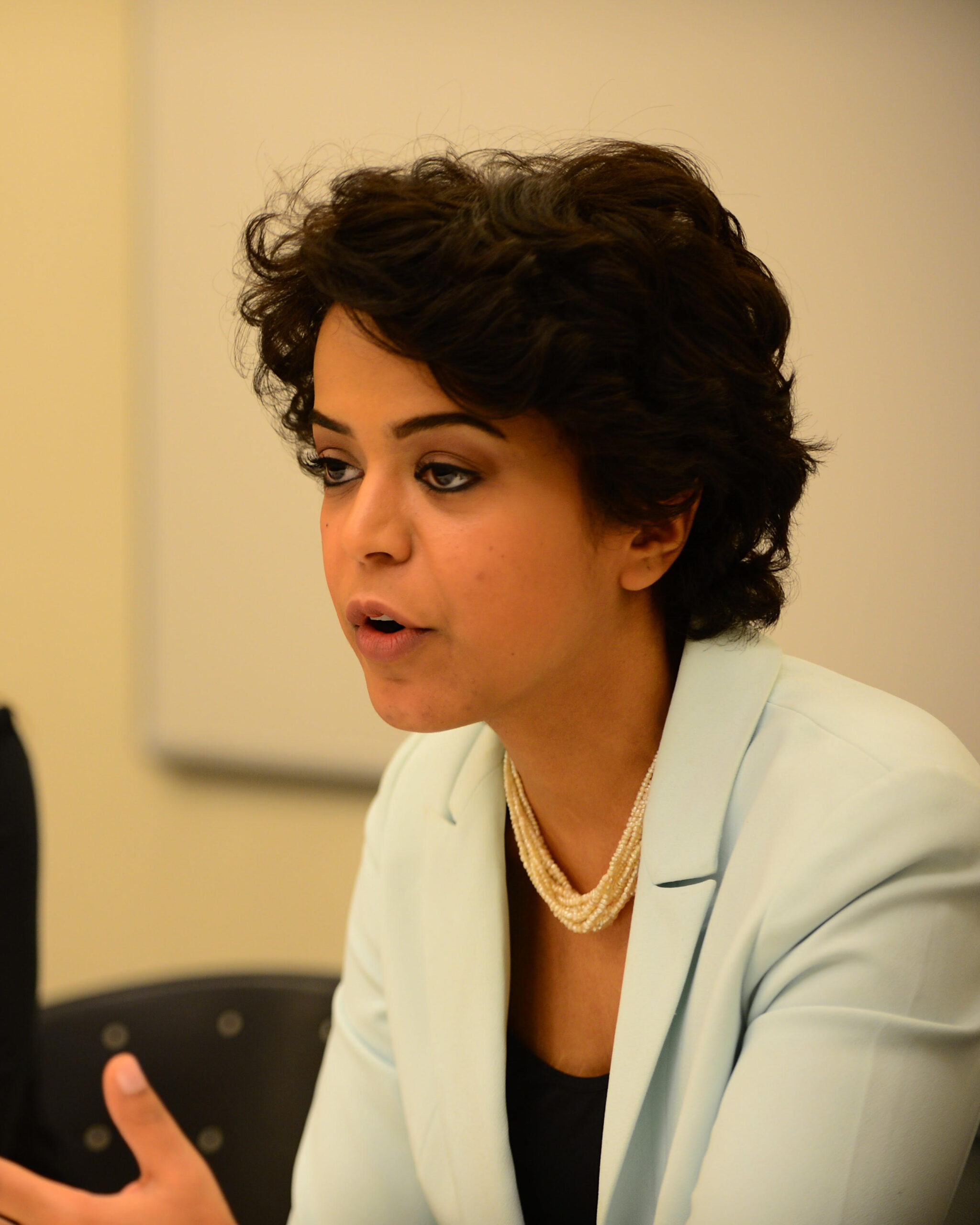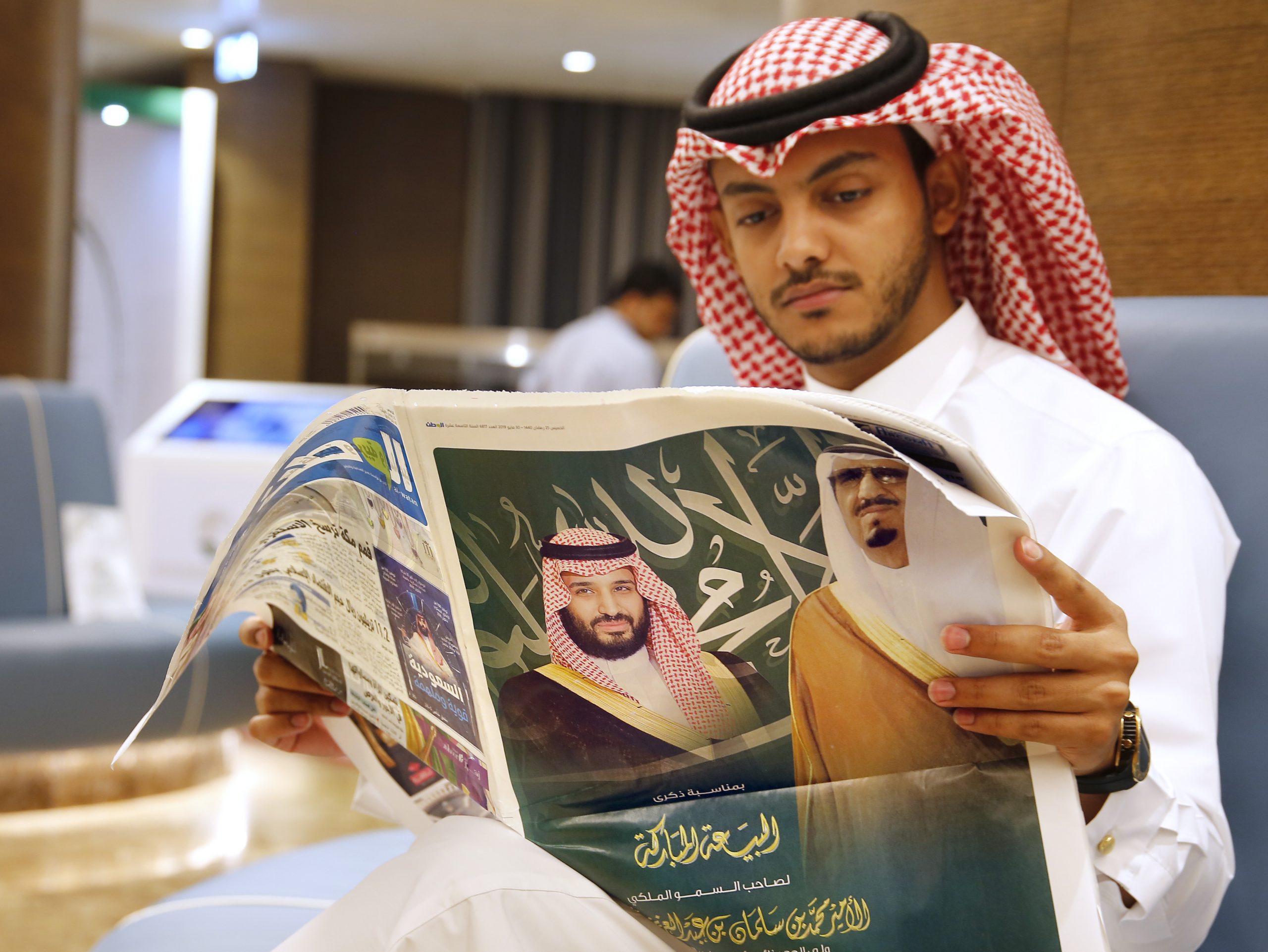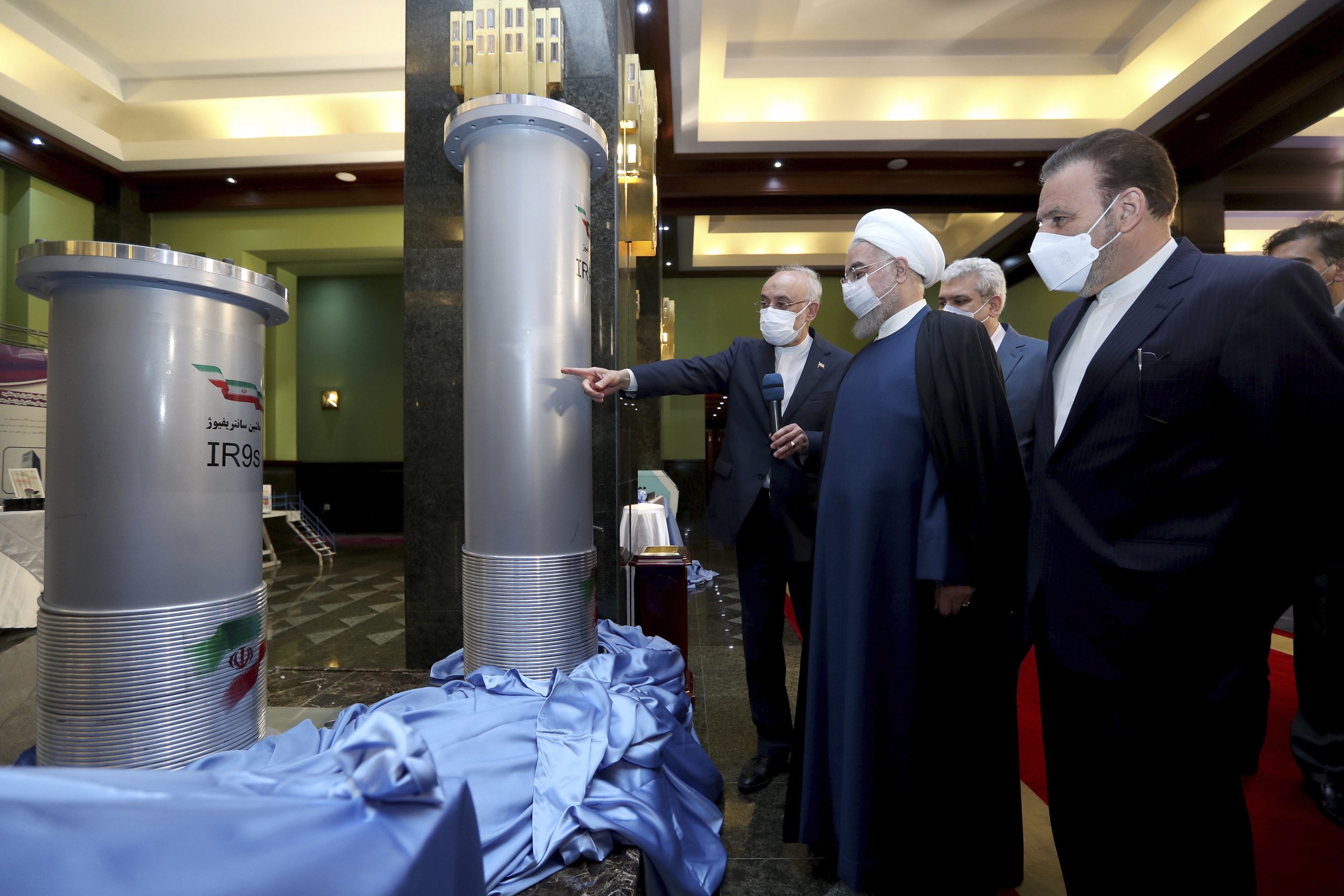Iran and Saudi Arabia: Fragile Managed Rivalry
Tehran and Riyadh have agreed to restore diplomatic relations, however, every actor who stands to lose from the agreement has strong incentives to sabotage it.

Two middle powers in a small region, Iran and Saudi Arabia are strategic rivals. Yet under China’s auspices, Tehran and Riyadh are engaged in an effort to manage their rivalry, resulting in the March 10 trilateral declaration restoring diplomatic relations. The prospects for the concord between Iran and Saudi Arabia in part depends on Iran’s and Saudi Arabia’s ability to control their own proxies and propaganda apparatuses, which stand to lose from the agreement. The rapprochement’s success is also dependent upon the political will in Tehran and Riyadh to resist sabotage attempts by Israel, which wants to isolate Iran and may perhaps be aided in this effort by the United States.
The text of the declaration provides some indications into the crux of the problem between Iran and Saudi Arabia: Both states agreed to “resume diplomatic relations between them and re-open their embassies and missions” and affirmed their “respect for the sovereignty of states and non-interference in internal affairs of states.”
The former part of the declaration is straightforward: Saudi Arabia and Iran formally severed diplomatic ties in January 2016 after the execution of Saudi Shia cleric Nimr al-Nimr and the ransacking of the Saudi Embassy in Tehran. However, in recent times, relations between the two Middle Eastern powers have been dramatically deteriorating as both attempted to fill the regional power vacuum in the wake of the U.S.-led invasions of Afghanistan in 2001 and Iraq in 2003.
The latter part of the declaration, which is written in the abstract, reportedly refers to specific confidential clauses that appear plausible but have not been confirmed by other sources. First, a source reportedly involved in the negotiations indicated that Saudi Arabia pledged “not to fund media outlets that seek to destabilize Iran, such as Iran International,” the Persian-language television station, whose role in the recent protests in Iran resembles that of Al Jazeera television during the Arab Spring uprisings. According to the source, Saudi Arabia also seemingly pledged “not to fund organizations designated as terrorists by Iran,” including Mujahedeen-e Khalq, Iraq-based Kurdish groups, and militant groups based in Pakistan. Iran, on the other hand, pledged “to ensure that its allied organizations do not violate Saudi territory from inside Iraqi territory.” In less obliging terms, both countries reportedly declared their willingness to “exert all possible efforts to resolve conflicts in the region, particularly the conflict in Yemen.”
But to the extent the report on these clauses is accurate, every actor who stands to lose from the agreement has strong incentives to sabotage it. It is unclear if Iran and Saudi Arabia are capable of controlling their proxies and propaganda apparatuses. Yemen’s Houthis or Shia militias in Iraq, fearing being sold out by Tehran, could ultimately increase their attacks against targets in Saudi Arabia. If that happens, Riyadh could suspect Tehran of duplicity and again cut off relations. Likewise, if Iran International TV, Mujahedeen-e Khalq, and armed opposition groups in Iran’s periphery find alternative sources of support to continue their struggle against the Iranian regime, Iranian leaders could similarly suspect Saudi Arabia of continuing its support for those groups.
To complicate matters more, Israel and perhaps the United States could sabotage any improvement of relations between Tehran and Riyadh. After all, Israel has been committed to diplomatically isolating Iran, and was aided by officials in the administration of former President Donald J. Trump, and there is no difference between the commitment of the current U.S. administration and Israel to prevent a nuclear-armed Iran. Further, the agreement could be a source of tensions between the United States and Saudi Arabia when they face issues such as Washington’s enforcement of sanctions legislation to punish state-owned or private Saudi companies that may invest in Iran in accordance with the 1998 Economic Cooperation Agreement between Iran and Saudi Arabia. Additionally, how will Saudi Arabia implement the 2001 Security Cooperation Agreement with Iran without antagonizing the United States, which designated the Islamic Revolutionary Guard Corps a foreign terrorist organization?
It is still too early to tell if Iran and Saudi Arabia’s attempt at managing their rivalry survives the plethora of internal and external challenges, but as fragile as it may appear, it reflects the preference for realpolitik in Tehran and Riyadh.
The views represented herein are the author's or speaker's own and do not necessarily reflect the views of AGSI, its staff, or its board of directors.




















